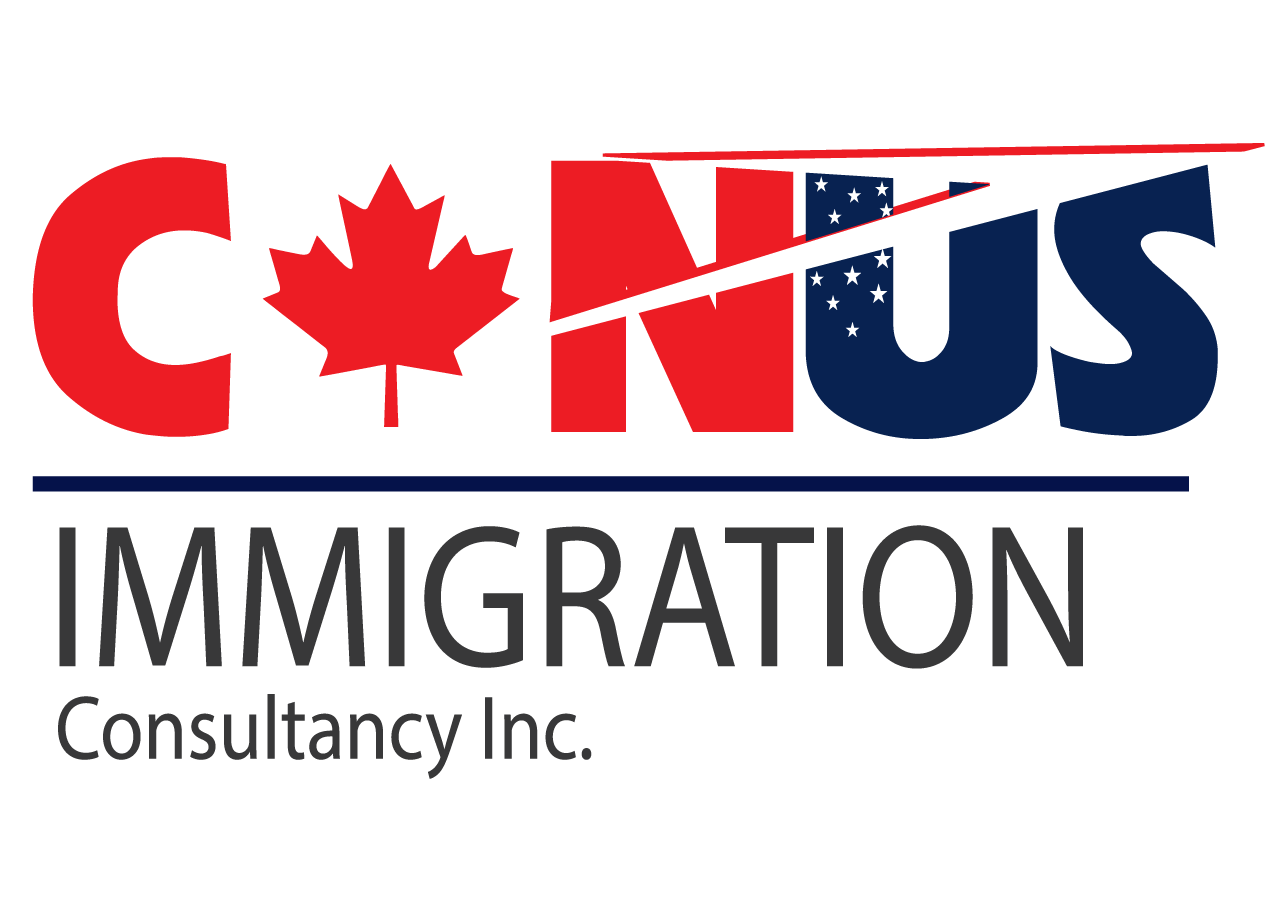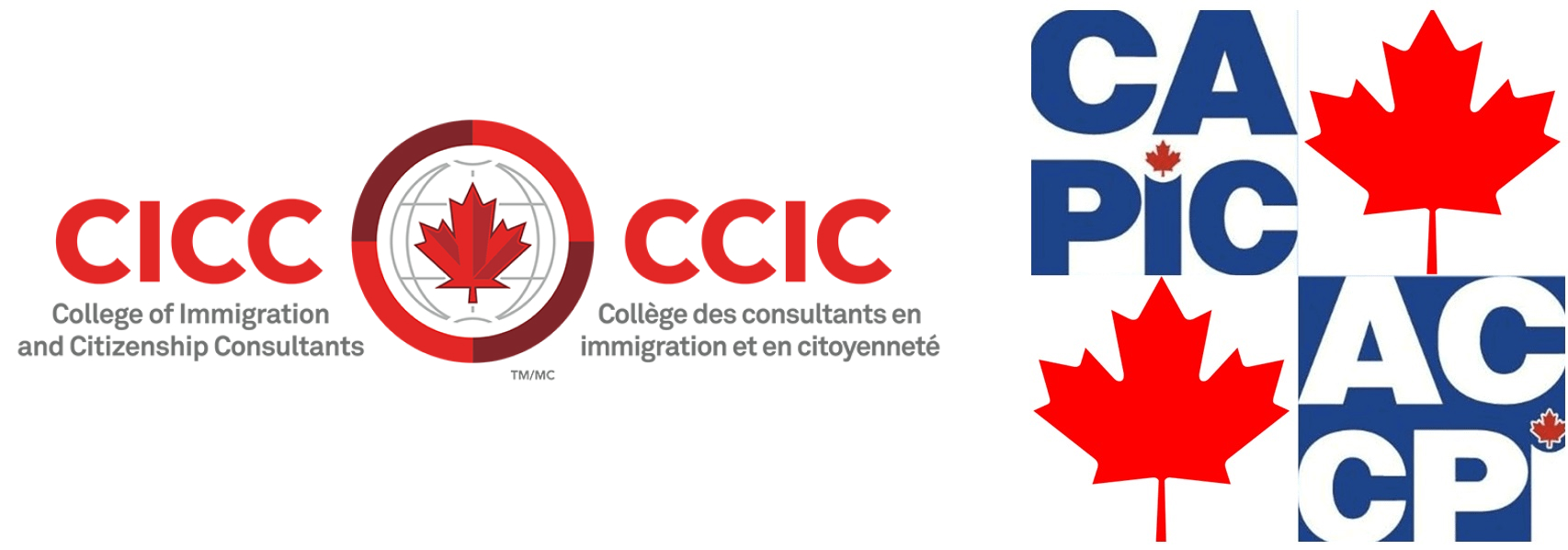Not all job offers are equal in the eyes of the Express Entry system. Here’s what you need to know when calculating your CRS score.
Source: CIC News
You can get extra points in the Express Entry system for having a job offer that meets certain conditions.
If you are immigrating through the points-based Express Entry system, you can get either 50 or 200 additional Comprehensive Ranking System (CRS) points for having a Canadian job offer. The more CRS points you have, the better your chances of receiving an Invitation to Apply (ITA) for permanent residence.
It is not very often that Express Entry candidates are able to obtain these points. In 2019, 13 per cent of Express Entry candidates who received ITAs also got additional points for having a job offer.
If you qualify, it will likely be for the 50-point award. In order to get 200 points, you need to have a job offer in one of six occupations, all senior management positions plus legislators, which is only for Canadian citizens. You can get the 50 point-award as long as you have a valid job offer in a skilled occupation.
What is a “valid” job offer?
Immigration, Refugees and Citizenship Canada (IRCC) considers a job offer valid if it is full-time, continuous paid work. Full time means at least 30 hours per week by one employer—or up to two for Federal Skilled Trades Program (FSTP) candidates. It cannot be seasonal work, and it has to be ongoing for at least one year after you get your permanent resident visa.
Also, it has to be in a skilled occupation, meaning it falls under categories 00, 0, A, or B on the National Occupational Classification (NOC) system.
In order to score the points, your employer usually needs to get what is called a positive Labour Market Impact Assessment (LMIA). An LMIA is a document that employers often need in order to hire a foreign worker. It is meant to prove that there will not be any negative impacts on the Canadian job market if the company hires a foreign worker.
However, there are certain occupations that are LMIA exempt. You can also claim the job offer points for these occupations as well, provided you have worked for them for a year and will continue working for them for at least one year after you get your permanent resident visa. Your current employer also has to be the one specified on your work permit.
To put that into bullet points, you can only get points for the job offer if:
- it is for a full time, continuous, paid position for at least one year in a skilled occupation;
- your employer has a positive LMIA that approves the offer and names you and your position; or
- if you are currently working for the same employer listed on your LMIA-based work permit, and you are authorized to work in Canada on the day of your application and when the permanent resident visa is issued and you have a valid job offer for at least one year after you get your permanent resident visa; or
- if you have a valid work permit for a skilled occupation that is exempt from the LMIA requirement, and you have one year of full-time work experience for that employer, and a valid job offer for at least one year after you get your permanent resident visa.
The important criteria, which most people miss, is that in order to get the CRS points, your job offer needs to be supported by an LMIA, or be LMIA exempt.
You cannot get job offer points if you are working in Canada on an open work permit, such as Post-Graduation Work Permit (PGWP), and your employer has not done an LMIA. Although an open work permit can help you get points for having Canadian work experience, or possibly make you eligible for a Provincial Nominee Program (PNP), it does not allow you to get the 50 or 200 point-award that is specifically for having a job offer. If you want the points for the job offer, your employer should get an LMIA.
Furthermore, the immigration officer reviewing your file must be convinced that you can actually do the job you have been offered. If you are working in a regulated occupation, IRCC will also review whether you will likely qualify to be licensed or certified by a regulatory body in Canada.
Provinces and territories are responsible for designating certification requirements. The Canadian government website has information on the licensing and regulatory requirements for specific professions. Alternatively, you can contact the relevant body in the province or territory where you plan to settle to ask questions about licensing and certification.

